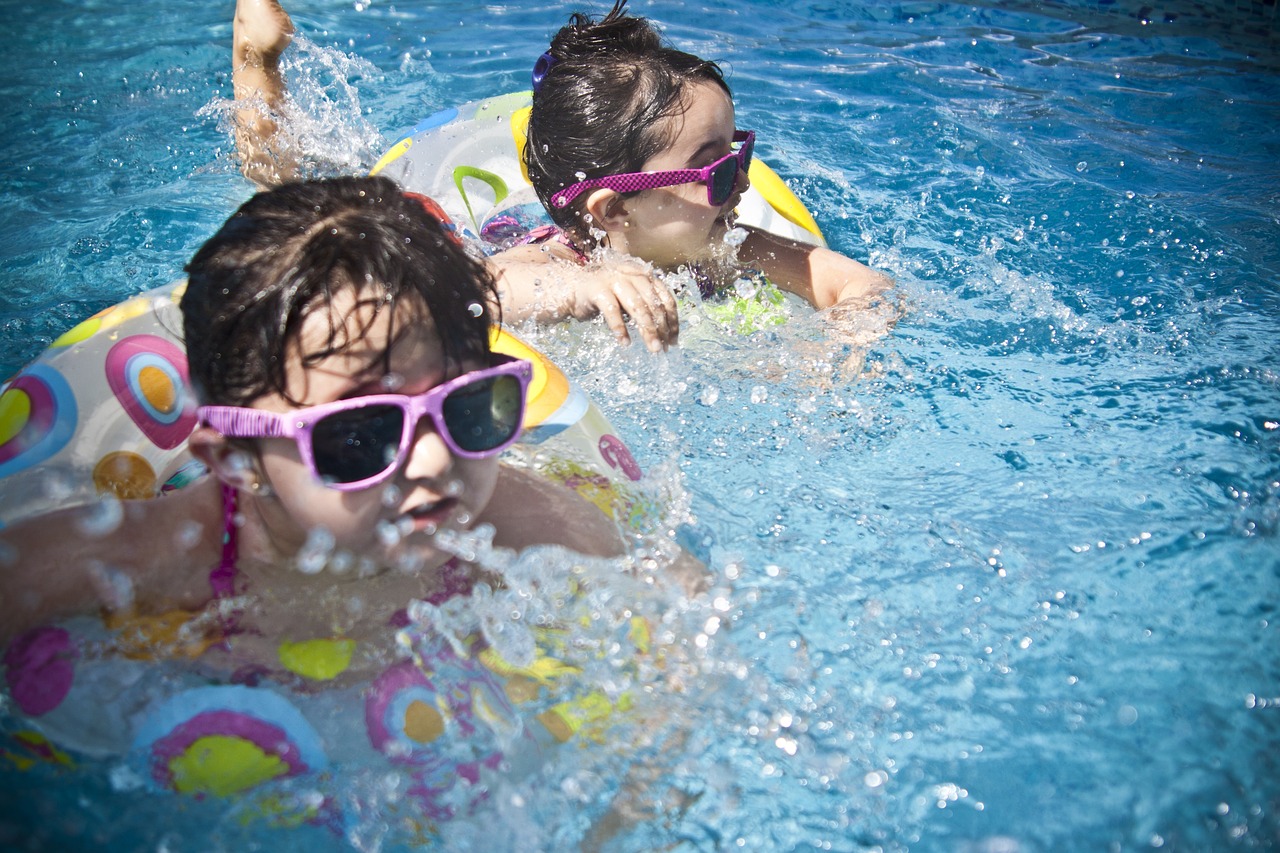Understanding swimming pool liability is vital in aiding victims and families after tragic drowning accidents occur. While these accidents tend to fall under premises liability rules, each case’s unique circumstances could determine who was ultimately at fault for fatal hotel swimming pool drowning incidents.
Property owners owe guests certain responsibilities when inviting them onto their properties, such as keeping pools safe and checking for hidden hazards.
Duty of care
Pool owners have an essential duty to ensure the pool area is safe for swimmers. This involves performing regular maintenance checks, inspecting for potential hazard such as broken equipment or loose tiles, providing adequate supervision and lifeguard services, as well as offering adequate supervision services and providing adequate supervision of lifeguard services. Failing to uphold this responsibility could expose a hotel to legal liabilities for negligence claims.
The type of guest or visitor using a pool on private property also impacts its liability. Public pool patrons are generally classified as invitees; therefore, pool owners owe them an obligation to maintain the pool in good working condition while warning of any hidden dangers that might not be immediately obvious. Private club guests and social guests who use private club pool should also be warned of potential hazards that aren’t readily apparent.
Trespassers typically do not owe any duty of care unless their property becomes an attractive nuisance, in which case property owners must exercise reasonable care to prevent harm to children caused by artificial conditions that attract them – for instance a pool that lacks sufficient fencing and monitoring or one with an easily accessible ladder could constitute such an attractive nuisance; failing to take preventative steps against access could result in legal liability for owners.
Breach of duty
Accidents at swimming pools often arise from inadequate safety measures or warning signs. Property owners are responsible for keeping the premises secure by maintaining their pool properly, installing proper safety precautions to deter unsupervised swimming, and providing appropriate warning signs. A New York pool accident lawyer can help determine whether there was a breach in duty of care on part of a property owner that led to your injuries.
The scope of a pool owner’s duty of care varies by state; however, visitors are usually divided into three distinct groups by law: trespassers, invitees and licensees. For instance, paying to enter public swimming pools would make you an invitee with whom the owner owes a responsibility to fix and warn about any dangers such as dangerous drains.
Some states no longer distinguish between trespassers, licensees and invitees when applying the principle of reasonable care to guests who visit pools. When this occurs, an injured party must demonstrate that the pool owner failed to uphold this standard of care directly leading to their injury – this process is known as causation. For instance, someone could trip and fall on an open pool deck and sustain spinal cord damage as a result.
Negligence
Public and private pool owners are required to follow local safety regulations and maintain the pool in good condition, as well as ensuring their employees do so as well. If someone is injured due to negligence by either themselves or one of their employees, liability may result – for example if training wasn’t adequate, or they didn’t mix chemicals correctly.
Pool owners may also be held liable if they failed to warn visitors about dangerous conditions on their property, such as an algae build-up which makes the deck slippery. Should this occur, owners have an obligation to inform guests and fix it immediately or be found responsible for any slip and fall incidents which cause serious traumatic brain or spinal cord injury as a result.
Attractive nuisance liability can create liability for pool owners as it holds that children who enter someone’s property without permission may be entitled to protection from hidden hazards in the pool, such as non-obvious water toxicity. States which recognize this doctrine hold pool owners liable if trespassing children swim in their pools and suffer physical injuries as a result.
Swimming pool accidents that result from defective equipment or products have the right to seek compensation from their manufacturers through product liability claims.
Product liability
When someone is injured in a swimming pool accident, multiple parties could be held liable. These may include the property owner, lifeguards and others with duties of supervision of swimmers; also included may be manufacturers of pool equipment or related products whose design flaws contributed to injuries like entrapments, drownings and other forms of harm caused by design flaws that contributed to an incident; finally manufacturers may also bear some liability as some design flaws may lead to serious accidents such as these occurring more frequently than expected.
Property owners have the responsibility of ensuring their premises meet certain safety standards, which includes maintaining an attractive pool area with clear warnings and installing other safety measures such as fencing or hiring lifeguards on duty. In some instances, however, a pool may become an attractive nuisance; meaning it attracts children or teenagers not legally allowed onto their property who engage in risky behaviors on it.
If someone is injured due to property owner negligence in a swimming pool accident, they may file a suit against them. But before doing so they must demonstrate that breached duty of care caused their injury directly – otherwise there will be no recovery for damages such as medical expenses, lost wages and pain and suffering.
